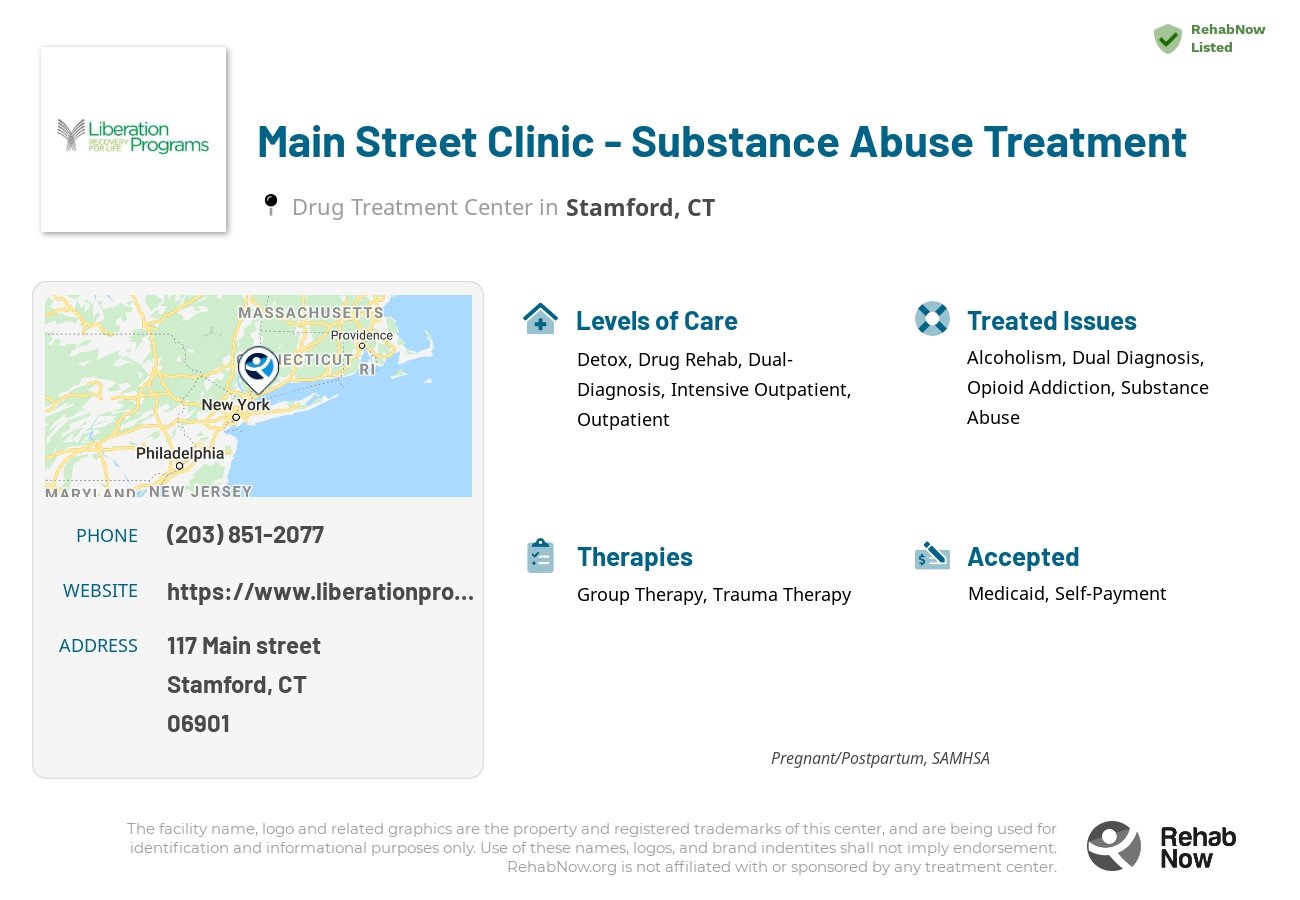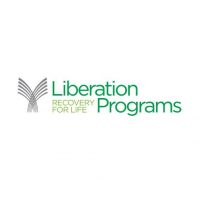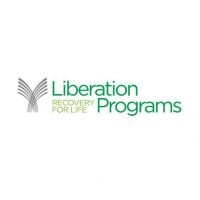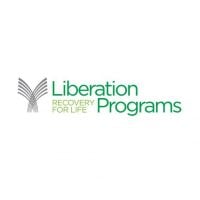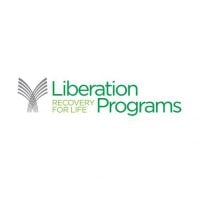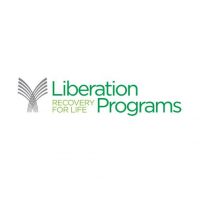
Main Street Clinic - Substance Abuse Treatment
Drug Rehab Center in Stamford, Connecticut
- Substance Abuse
- Opioid Addiction
- Dual Diagnosis
- Drug Addiction
- Alcoholism
Main Street Clinic is an accredited addiction treatment facility in Stamford, Connecticut that provides detox, drug rehab, dual-diagnosis, intensive outpatient and outpatient services for people struggling with alcoholism, opioid addiction, substance abuse and drug addiction.
About
Main Street Clinic - Substance Abuse Treatment is an accredited addiction treatment facility located in Stamford, Connecticut. The clinic specializes in providing comprehensive care for individuals struggling with alcoholism, opioid addiction, substance abuse, dual diagnosis, and drug addiction. With its SAMHSA certification, Main Street Clinic - Substance Abuse Treatment has demonstrated its commitment to meeting the highest standards of quality and effectiveness in addiction treatment. The facility offers a range of levels of care, including detoxification, drug rehab, dual-diagnosis treatment, intensive outpatient programs, and outpatient treatment.
Main Street Clinic - Substance Abuse Treatment in Stamford, Connecticut offers a wide array of services to help individuals overcome addiction and substance abuse. Their treatment programs are tailored to meet the unique needs of each patient and are designed to address both the physical and psychological aspects of addiction. The clinic provides detoxification services to help individuals safely and comfortably withdraw from drugs or alcohol. They also offer drug rehab programs that focus on behavioral therapies, counseling, and support groups to help patients develop the skills and coping mechanisms necessary for long-term recovery. Additionally, Main Street Clinic - Substance Abuse Treatment provides dual-diagnosis treatment for individuals with co-occurring mental health disorders, recognizing the importance of addressing both addiction and underlying psychiatric conditions.
Genders
Ages
Modality
Additional
Accreditations
SAMHSA
Conditions and Issues Treated
Recovering from substance abuse is an essential part of a healthy life for many people. It’s a long and challenging process, but it can be worth it in the end if you manage to get through all parts. Detoxifying your body, rehabilitation after that time passes or when needed (depending on what type), and then recovery while also receiving therapy support throughout this entire process.
A standard route to starting recovering from substance abuse and addiction is through a detoxification center. There you can completely heal your body and mind and continue on the path of recovery without feeling any of the lingering effects of substances.
Within the past decade, opioid addiction has become a nationwide epidemic. The United States hosts one of the world’s highest rates of opioid use or abuse and has one of the highest rates of opioid-related deaths. In the United States, opioid drugs are classified as Schedule II-IV controlled substances due to their highly addictive properties and potential for abuse. These include morphine, opium, heroin, oxycodone, hydrocodone, methadone, and fentanyl. Physicians usually prescribe opioids to help control pain.
Over time, opioid users develop a tolerance for the drugs, which makes it difficult, if not impossible, to function without them. In turn, opioid users often resort to illicit means of obtaining the drugs. These means can include drug dealers, friends, and family members who do not have legitimate prescriptions for the drugs. Opioid addiction can quickly lead to heroin use, especially those seeking more intense highs than prescription opioids offer. Due to the high risk of overdose, heroin users are at a much higher risk for illness and death.
A person who struggles with addiction and a mental health condition suffers from a dual diagnosis. This means that they have two issues that must be treated. The specific mental health issues that the patient at Main Street Clinic - Substance Abuse Treatment might have include but are not limited to:
- Depression
- Bipolar Disorder
- Anxiety
- PTSD (Post Traumatic Stress Disorder)
The specific addiction issues that the patient might have include but are not limited to:
- Alcoholism
- Drug Addiction (i.e., Cocaine, Meth, and other stimulants, Marijuana, and Ecstasy)
The combination of the two illnesses can be tough to treat. Taking care of one or the other is tough, and taking care of both cannot be done alone. A patient who receives dual diagnosis treatment will be given the best chance at becoming sober.
Levels of Care Offered
This center offers a variety of custom treatment tailored to individual recovery. Currently available are Detox, Drug Rehab, Dual-Diagnosis, Intensive Outpatient, Outpatient, with additional therapies available as listed below.
Detoxification is a critical first step in treatment for drug addiction. Drug detoxification helps the individual withdraw from the drug by providing a controlled environment where symptoms can be managed through medication and close observation. Detoxification is an inflection point where the individual can get on a recovery track, but it’s also one of the most dangerous points in the recovery process.
In addition to going through physical withdrawal from certain drugs, a detox program also provides the individual with drug testing to monitor their progress. This way, if the individual is not ready for sobriety (such as if they relapse), the treatment professionals can catch it early on and use that opportunity to help re-orient the individual towards recovery.
Intensive Outpatient Programs are similar to partial hospitalization, but they don’t require the patient to go home each night.
This means that while they have to attend meetings and receive other types of help at the facility, addicts are allowed to keep their jobs or continue with school without having to miss their classes or work opportunities. This is a great option for those who can’t take time away from their jobs or schedules to attend a treatment program.
During this type of program, the addict will be required to meet with counselors and other types of professionals throughout the day. This will help them stay on track and prevent them from relapsing after they leave the facility.
An outpatient treatment program is set up to help with alcohol or drug addiction or a co-occurring disorder. The treatment must attend the treatment facility for their therapy and other programs but return home each night. The frequency of mandatory attendance decreases after much of the treatment program is complete. The treatment programs are monitored by the treatment facility and case managers who work for a judge or judge’s office. A treatment program may be performed out of a treatment facility, treatment clinic, or treatment center.
The benefits of outpatient treatment programs are many. One of the most beneficial treatment programs is that it allows treatment for clients who cannot afford or may not be able to attend treatment at a treatment facility, treatment center, or treatment clinic full-time. Another benefit of treatment programs is that they reduce crime rates because treatment allows people to treat their addiction.
Therapies & Programs
Group therapy sessions provide recovering addicts with a chance to cope with everyday situations that many face. Group therapy sessions are held in rehab facilities, clinics, churches or community centers that offer drug addiction treatment.
People who attend these groups are encouraged to voice their feelings and support other addicts in recovery. This helps group members strengthen their own recovery program while cheering on others who are struggling with sobriety.
Trauma therapy allows them to work through past trauma to have peace of mind and begin down the road of sobriety. The therapist will work with the individual to help them understand their past and present relationships. Patients may often believe that something is inherently wrong with them or they are unworthy of love. The therapist aims to correct these negative feelings and behaviors by helping the person realize that their actions do not reflect who they truly are.
Payment Options Accepted
For specific insurance or payment methods please contact us.
Liberation Programs Associated Centers
Discover treatment facilities under the same provider.
- Liberation Programs - Bridgeport Outpatient Services in Bridgeport, CT
- Liberation Programs - Liberation House in Stamford, CT
- Liberation Programs - Stamford in Stamford, CT
- Liberation Programs - Outpatient in Stamford, CT
- Liberation Programs - Bridgeport in Bridgeport, CT
Learn More About Liberation Programs Centers
Additional Details
Specifics, location, and helpful extra information.
Stamford, Connecticut 6901 Phone Number(203) 851-2077 Meta DetailsUpdated November 25, 2023
Staff Verified
Patient Reviews
There are no reviews yet. Be the first one to write one.
Stamford, Connecticut Addiction Information
Connecticut has a higher rate of substance abuse and addiction than the national average. The state ranks in the top 10 in the country for illicit drug dependence among those ages 18 to 25. In 2010, there were 9,211 people admitted to an alcohol treatment facility for alcohol abuse combined with a secondary drug. Connecticut ranked fifth in the United States of America for the number of fatalities involving drunk driving in 2014.
Stamford also has a higher rate of prescription drug abuse than the rest of the country, with 3.8% of residents reporting non-medical use of prescription drugs in the past month. In Stamford, the most common drugs that are abused include alcohol, marijuana, heroin, and cocaine. Stamford, CT, has many different types of drug treatment facilities available. These include inpatient and outpatient treatment centers, 12-step programs, and detoxification centers.
Treatment in Nearby Cities
- Kent, CT (46.6 mi.)
- Old Lyme, CT (65.8 mi.)
- Hamden, CT (40.5 mi.)
- Sharon, CT (57.3 mi.)
- Wilton, CT (11.3 mi.)
Centers near Main Street Clinic - Substance Abuse Treatment
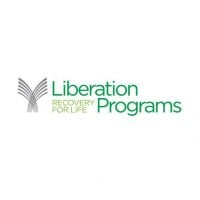
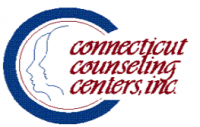

The facility name, logo and brand are the property and registered trademarks of Main Street Clinic - Substance Abuse Treatment, and are being used for identification and informational purposes only. Use of these names, logos and brands shall not imply endorsement. RehabNow.org is not affiliated with or sponsored by Main Street Clinic - Substance Abuse Treatment.


